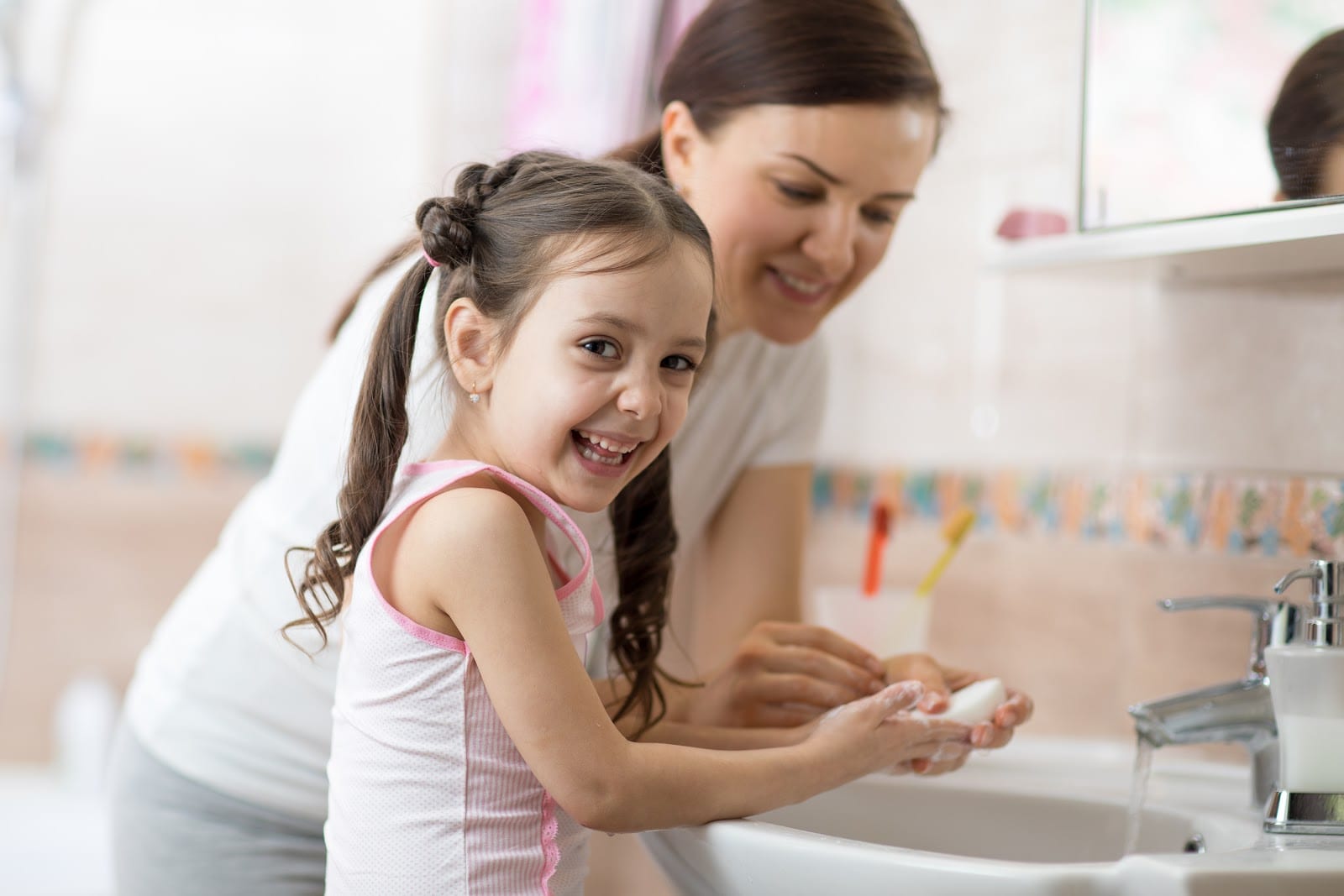The recent news coverage surrounding the Coronavirus (COVID-19) pandemic has generated a lot of fear and panic in the minds of many around the globe, understandably. But for those diagnosed with an anxiety disorder, the fear and panic can be so severe that it is negatively impacting their daily lives and relationships.
Take Necessary Precautions
When you’re prepared and taking the necessary steps needed to reduce your risk of contrating the coronavirus, you will feel more at ease and therefore reduce your anxiety levels as well. The number one tip to remember is WASH YOUR HANDS. As simple as it may sound, it’s essential for slowing the spread and protecting yourself. Use soap and warm water, and wash them for at least 20 seconds. If you are not near a sink, use hand sanitizer. Always cover your cough or sneeze in your elbow, stay home if you’re unwell and avoid contact with sick people, and keep frequently used surfaces clean, including your cell phone. Staying healthy is another way to build up your immune system and reduce your risk of getting sick. Adopt a healthy diet, exercise daily, get enough sleep, and stay hydrated.
The next step is to plan ahead. Discuss with family, friends, and employers what actions you will take if you come down with the coronavirus or if the spread escalates in your area and a quarantine is recommended. Will you have childcare, the means to work from home, or enough supplies stowed away so you will not have to go to any stores? If you have travel plans in the near future that are not necessary, consider canceling them. You may not need the plans, but having them will help you feel prepared and less on edge.
Limit Media Exposure
There are a seemingly infinite number of coronavirus stories being shared by media sources and on social media channels everyday and from every possible angle. While it’s important to stay informed and up-to-date on the recent news, limiting your media exposure and only reading articles from trustworthy and reputable sources can help reduce your anxiety surrounding the virus.
There is a lot of false information that can be easily spread through the convenience and accessibility of social media channels that will only escalate your fears. Reliable sources to monitor include the CDC, or U.S. Centers for Disease Control and Prevention, and WHO, or World Health Organization. But even though it may be tempting to check for updates multiple times a day, avoid the temptation and try to distract yourself. Constantly reading about the virus throughout your day can lead to a day full of panic with the virus always on your mind.
Talk to a Professional
It’s normal to feel some anxiety about the spread of the coronavirus. There’s the factor of uncertainty, unfamiliarity, and feeling of beyond our control that leads to anxious thoughts and a change in behavior. But if the anxiety and fears are so severe that they are negatively affecting your life, it’s time to talk to a mental health professional.
Speaking with a professional is a great way to calm thoughts of worry and the professional will listen, discuss logical points, put the level of danger in perspective and give advice on ways to reduce anxiety. The coronavirus isn’t only posing a risk on the physical health of many, but also on the mental health and it’s essential to take the necessary steps to reduce anxiety, do your part in stopping the spread, and become prepared.

